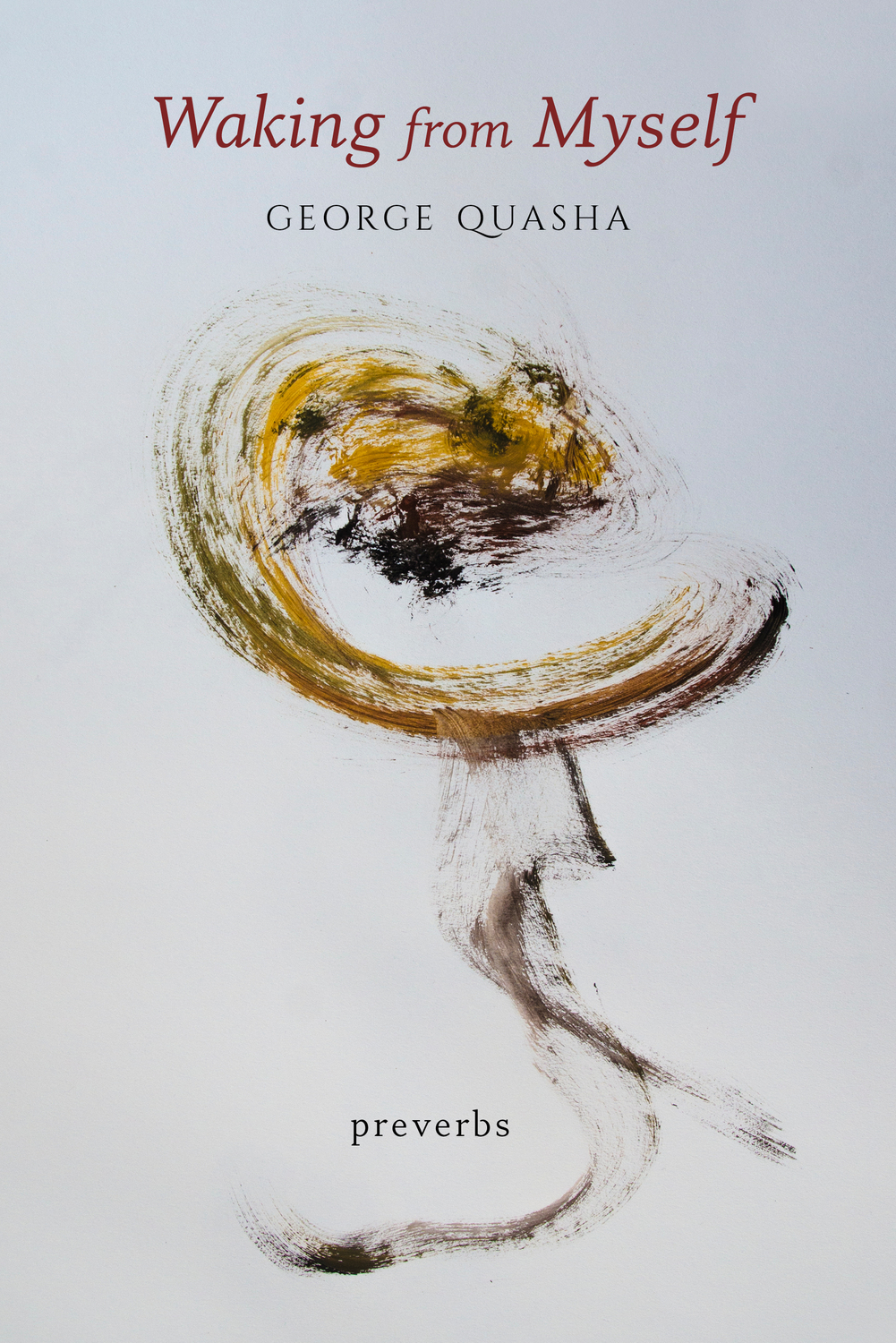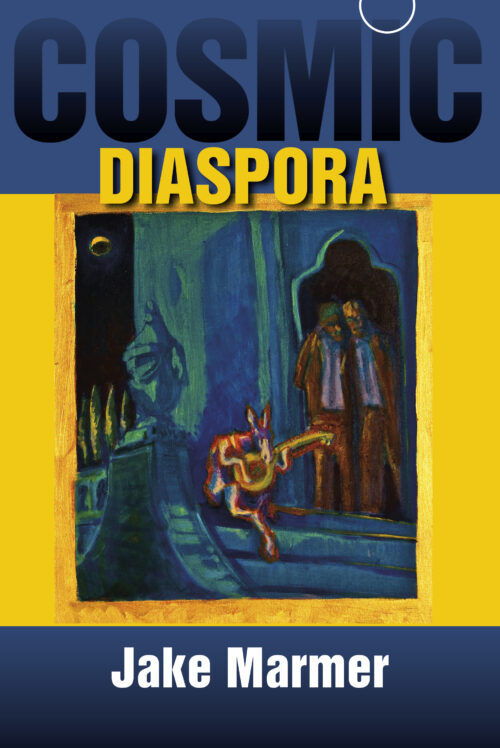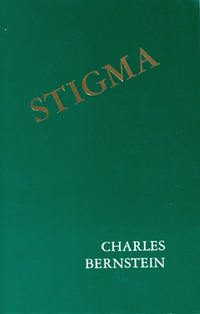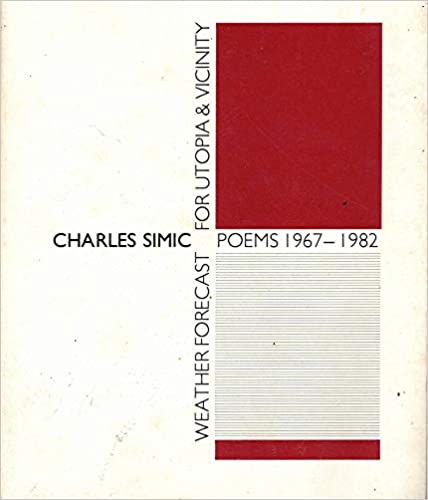Description
“Words say too much to let you know the truth.’’ George Quasha’s torqued, enigmatic proverbs create unlikely balances among discrepant engagements. WAKING FROM MYSELF is the sixth volume published of George Quasha’s “preverbs,” an invented poetic genre that’s the flipside of “proverbs”—instead of giving capsules of wisdom, they awaken language to its inevitable ambiguities in the face of complex truth-telling. The vectors of these marvelous poems work at cross purposes, keeping each other aloft. These are sparkling aphoristic aporias for a new age in an old time. If William Blake’s “Proverbs of Hell” are poetry, then George Quasha’s preverbs are like a close cousin. Its core question is: can poetry say the unsayable?
Advance Praise for Waking From Myself
Preverbs do what Frank O’Hara said about Abstract Expressionist paintings: they leave “the event of [their] passage.” In a continuum of lines, or line clusters, they move down the page like bright fractals…. These are poems that turn their own originality inside out. They write on the veil they lift and dance a step or two beyond our reach.
—William Benton, author of Backlit, Birds, and Madly: A Novel
“Words say too much to let you know the truth.’’ George Quasha’s torqued, enigmatic preverbs create unlikely balances among discrepant engagements. The vectors of these marvelous poems work at cross purposes, keeping each other aloft. These are sparkling aphoristic aporias for a new age in an old time. “Poetry,” says Quasha, “resists immortality with difficulty.” And also with wit and charm. Be here now, in which case immortality will take care of itself.
—Charles Bernstein, author of Attack of the Difficult Poems
Like a festive tempest of flitting iterates, Quasha’s Preverbs provide a lexical elixir— An infinitely textatic reverberance of aphoristic euphoria.
—Adeena Karasick, author of The House That Hijack Built






Reviews
There are no reviews yet.